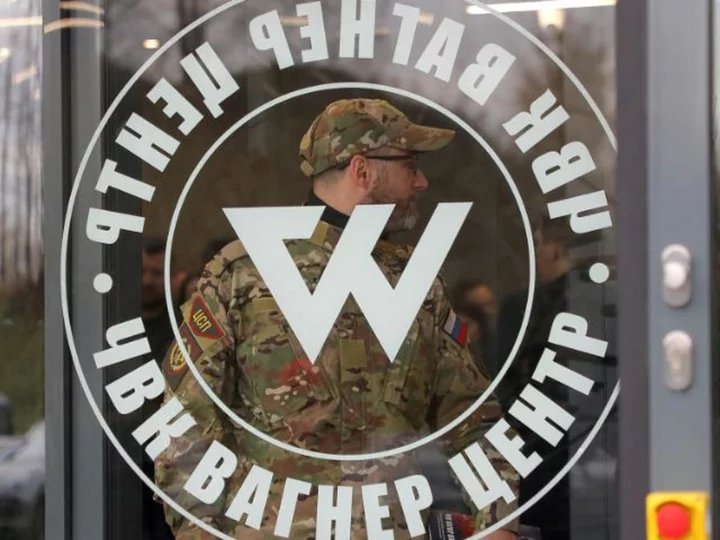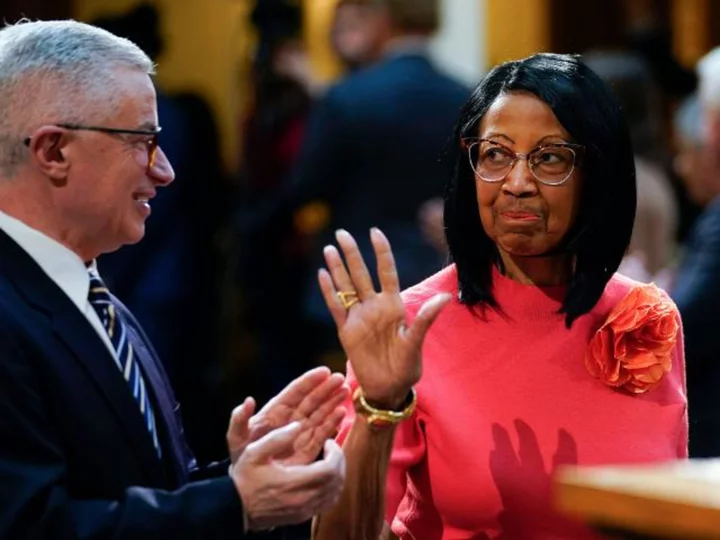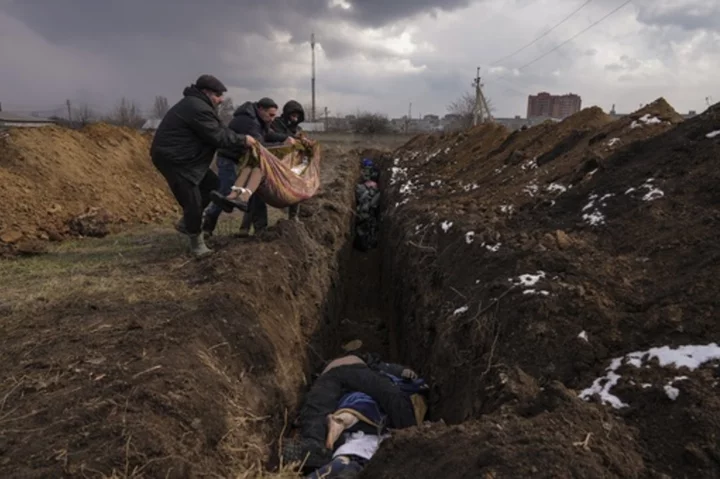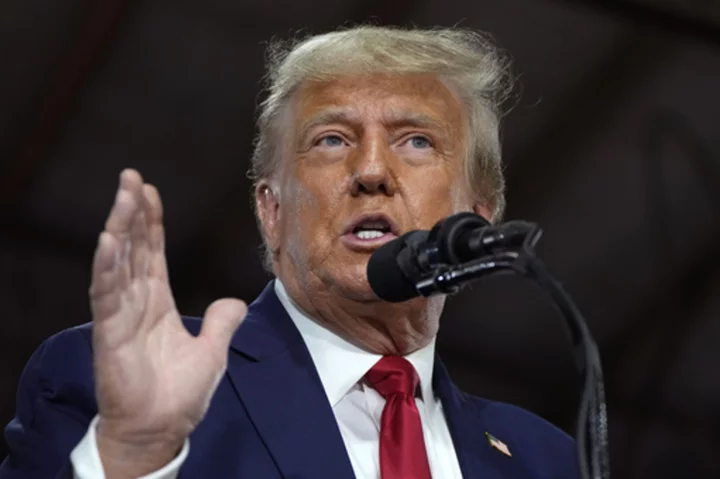The US Treasury Department on Tuesday imposed sanctions on four companies involved in "gold dealing" and one person they say made "weapons deals" tied to the Wagner Group.
The announcement of the sanctions comes days after the short-lived mutiny led by the head of the mercenary group's leader, Yevegny Prigozhin.
They target companies in Russia, the United Arab Emirates, and the Central African Republic that "have engaged in illicit gold dealings to fund the Wagner Group to sustain and expand its armed forces, including in Ukraine and Africa."
The targeted individual, Andrey Nikolayevich Ivanov, is a Russian executive in the Wagner Group who "worked closely with Prigozhin's entity Africa Politology and senior Malian government officials on weapons deals, mining concerns, and other Wagner Group activities in Mali," according to a Treasury Department release.
"The Wagner Group funds its brutal operations in part by exploiting natural resources in countries like the Central African Republic and Mali. The United States will continue to target the Wagner Group's revenue streams to degrade its expansion and violence in Africa, Ukraine, and anywhere else," Under Secretary of the Treasury for Terrorism and Financial Intelligence Brian Nelson said in a statement.
"Death and destruction has followed in Wagner's wake everywhere it has operated, and the United States will continue to take actions to hold it accountable," US Secretary of State Antony Blinken said in a separate statement.
Last month, the US Treasury Department sanctioned Ivan Maslov, the head of the Wagner group in Mali, where the agency accused the Wagner group of "attempting to obscure its efforts to acquire military equipment for use in Ukraine."
"The United States opposes efforts by any country to assist Russia through the Wagner Group," the Treasury Department added.
Prigozhin, the head of the Wagner Group and formerly a long-time ally of Putin, over the weekend launched a sudden rebellion against Russia's military leadership, seizing control of a southern military headquarters and directing his troops toward Moscow. The revolt was short-lived, and on Saturday he pulled back his troops and accepted a deal brokered by Belarussian strongman leader Alexander Lukashenko. Prigozhin arrived in Belarus from Russia on Tuesday, according to Lukashenko.
"The decision by President Lukashenko to welcome Prigozhin to Belarus, I think, is another example of him choosing the interests of Vladimir Putin and choosing the interests of the Kremlin over the interests of the Belarusian people," said State Department spokesperson Matthew Miller at a press briefing Tuesday.









